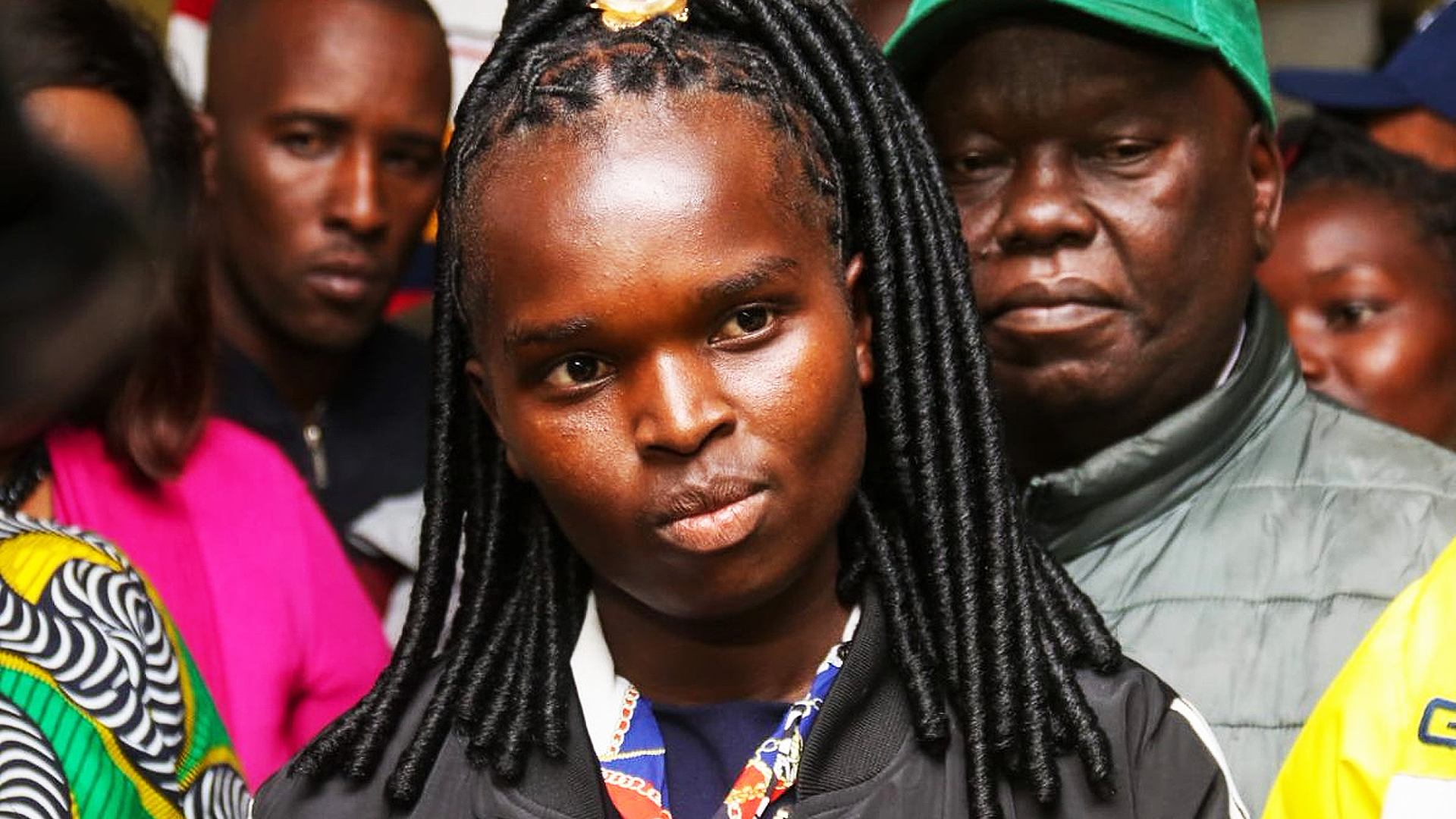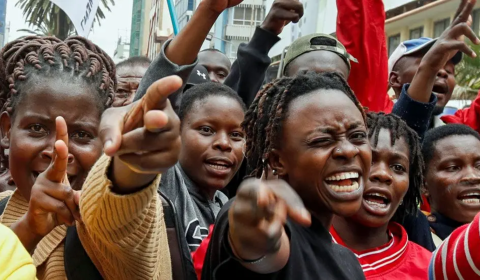In Kenya’s recent general elections, two Gen Zers aged 21 and 24 have been voted as Member of County Assembly and County Woman Representative respectively. They will represent issues affecting their constituents in both county and national assemblies.
Many Gen Zers were involved in Kenya’s general election this year.
Having a voice on political panels and influencing important decision making remains difficult for young people, especially in government.
For years, young people have been side-lined from elective politics and the country has had continual leadership from older people.
More than 65% of Kenya’s population is made up of young people, which should make it easier for them to lead during elections.
However, a lack of resources for campaigns has made it difficult. According to the East African Community (EAC), during this year’s elections, young people were not given equal or favourable opportunities to participate.
The tide could be changing, however. A 24-year-old lady from Kenya’s Bomet County has just become the country’s youngest female representative to be elected to the National Assembly.
Linet Chepkorir, a recent university graduate, won the hotly-contested seat after garnering over 200,000 votes, inspiring many girls across East Africa and beyond.
Going by her Swahili nickname ‘Toto’ meaning ‘child’, her first agenda in the National Assembly is to sponsor a bill in parliament and convince the government to supply free sanitary pads to girls across the country.
Similarly, 21-year-old Timothy Mutwiri has become the youngest member of County Assembly-elect in Kenyan history.
The Gen Z politician worked as a casual labourer in his village and has beaten the odds to represent thousands.
With only a secondary school education level, the newly-elected leader is looking forward to spearheading development projects in his area.
For years in Africa, politics has been associated with older people. Some leaders have clung to power for decades and are not paving the way for younger generations to take the mantle.
One major problem is a lack of proper funding. From campaign logistics to posters, it is expensive for young people who do not have enough capital to pursue their leadership dreams.
Additionally, corruption continues to take a toll in African politics. Bribery of voters is a common norm not only in Kenya but the rest of the continent.
With only a few years in employment, most Gen Zers do not have the means to fund demanding campaigns, leaving them susceptible to corruptive practices such as bribery.




















